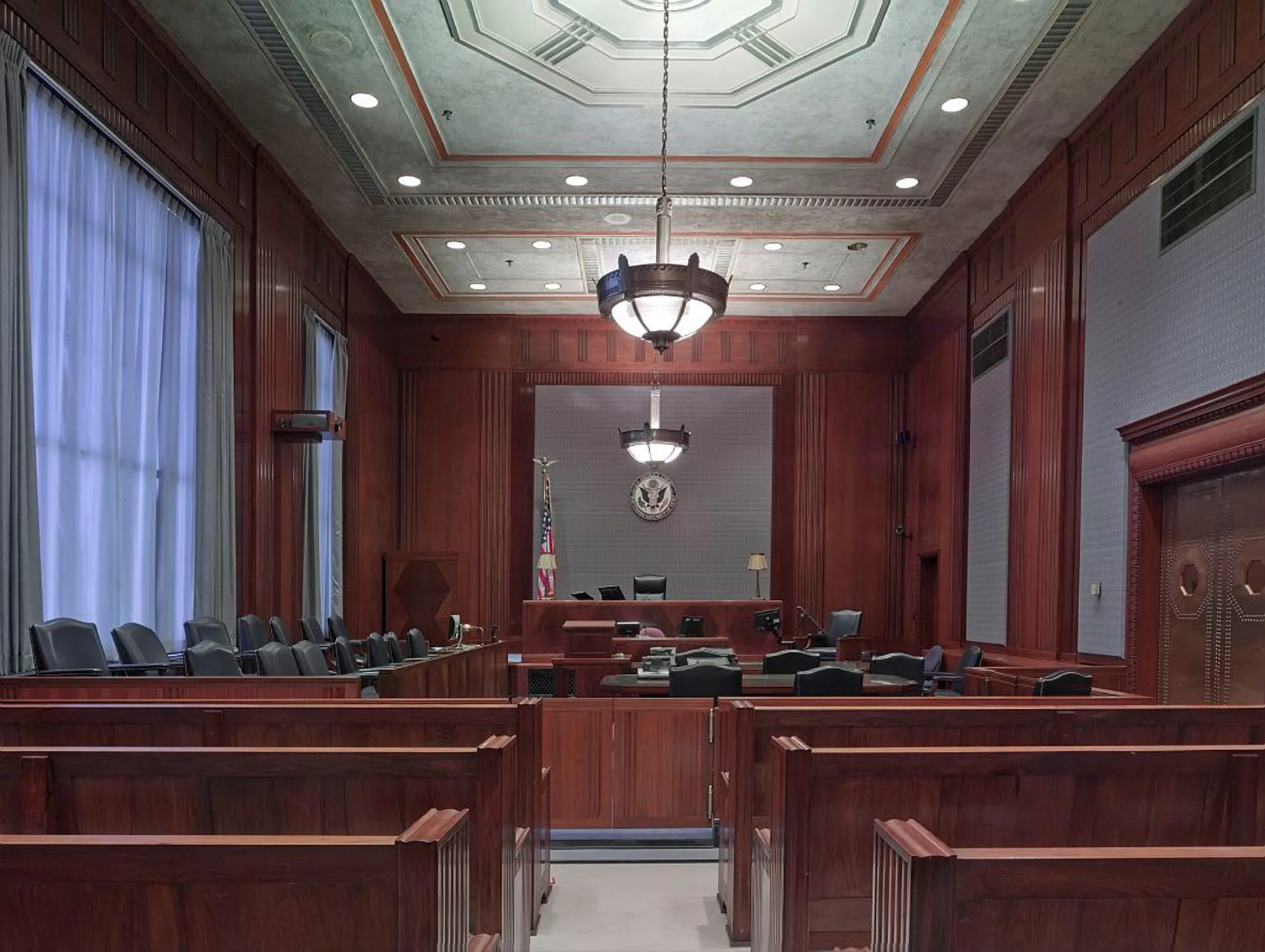Judicial guarantee of reasonable time in the release for expiration of terms in sex crimes

Today we must emphasize that the non-observance of the general principles of criminal law and those governing criminal procedure contravenes due process and the right of defense. To overlook such principles, which are of clear reading, allows the violation of fundamental rights of the passive subject of the criminal action, who not only faces a state machinery such as the Attorney General's Office, but also the reproach and social stigma for his conduct, which even calls into question the presumption of innocence.
The evolution of the concept of the judicial guarantee of the Reasonable Period of Time has been under conceptual and practical development since the middle of the 20th century in Europe. In the region, such guarantee was recognized by the Inter-American Convention on Human Rights or Pact of San José ratified by Colombia since 1972, which must be applied as part of the constitutional block. Its protection was only applicable until 2016 by the Supreme Court of Justice in the jurisprudential change it made regarding processes that were being advanced for sexual crimes against minors, i.e., it took approximately 10 years to apply it since the new Accusatory Criminal System came into force in January 2005.
There is a very plausible questioning of how the ignorance of the guiding principles of criminal procedure and the improper interpretation of the applicability of legal and supra-legal prohibitions to the detriment of the defendant, such as the alleged legal prohibition contemplated in numeral 8 of Article 199 of Law 1098 of 2006 and the existence of an incompatibility of the fundamental right of the best interests of the minor victims and the fundamental right to liberty of the defendant, were those that gave endorsement to violate fundamental rights and guarantees of persons who had been deprived of their liberty under the imposition of a preventive measure of detention depriving them of their liberty, with respect to punishable conducts enshrined in Title IV of Book II against Liberty, Sexual Integrity and Formation against children and adolescents, including the most common ones such as carnal access, sexual acts, inducement to prostitution, pimping, child pornography, among others, which were not allowed to access their freedom on any grounds of release due to expiration of procedural terms.
It was observed by many litigants that the Supreme Court of Justice, by turning its jurisprudential line, allowed an interpretation that developed a protectionist theory of the fundamental right to liberty under the applicability of the concept of the guarantee of the Reasonable Time, under the argument that there was no incompatibility between the fundamental right of the best interests of the minor victims and the fundamental right to liberty of the defendant, that is to say, that the tension between these fundamental rights must be resolved taking into account the aforementioned supra-legal guarantee in the specific case, verifying requirements such as (i) the complexity of the matter, (ii) the procedural activity of the interested party and (iii) the conduct of the national authorities in order to determine any of the causes contemplated in the law for access to freedom due to expiration of terms and thus be able to recognize their fundamental rights.
In conclusion, taking into account the jurisprudential turn of the Criminal Chamber of the Supreme Court of Justice, this criterion has been accepted by all the judges and magistrates of the country since it is the path to follow. This situation would have been overcome from the beginning by simply respecting the guiding principle enshrined in Article 3 of the Code of Criminal Procedure on the priority of international treaties, including the American Convention on Human Rights (Pact of San José), which for more than 10 years prevented access to the fundamental right to freedom of those deprived of liberty.